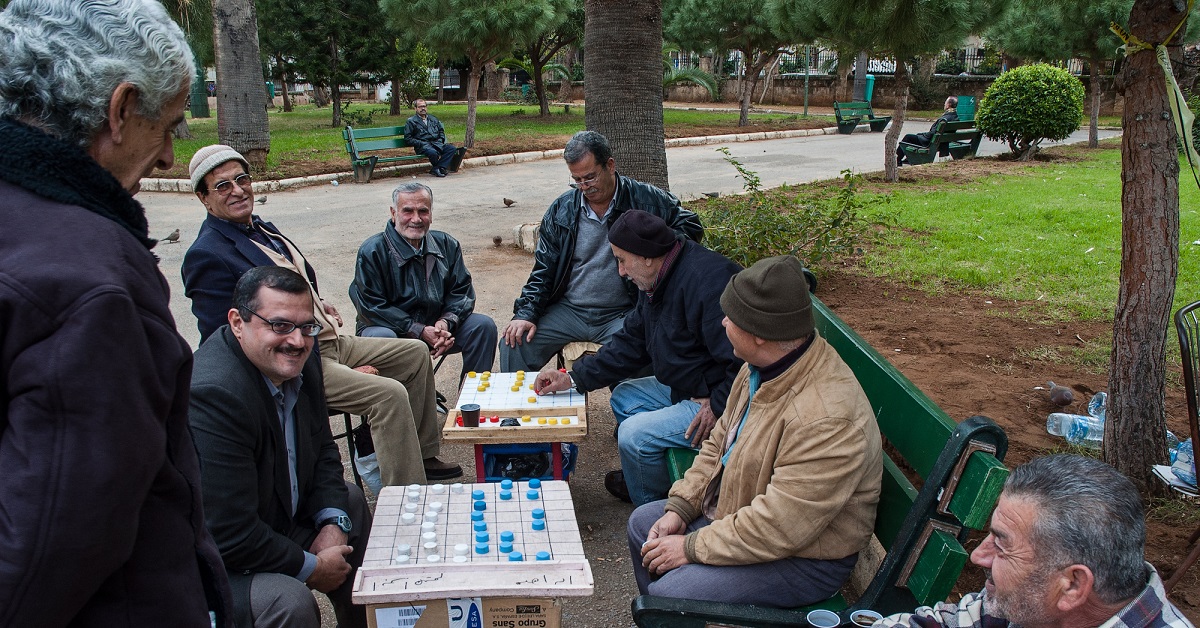In the last few years, there’s been a lot of buzz about improving your mind and memory through playing games, and a few enterprising companies have cashed in with various computer games to give your brain a workout.
They purport to keep you mentally fit and prevent cognitive decline. Studies have confirmed that some of them work. However, not everyone wants to sit alone for extensive periods of time in front of a brightly lit screen.
So how about old-fashioned games from the pre-digital age, like playing cards or bingo? Could they be just as effective? Psychologists hoped a unique study would supply the answer. Let’s see what they found out…
The Lothian Birth Cohort of 1936
Keeping the brain challenged throughout life appears to have long-term benefits. That’s fine for people who have an intellectually demanding job, but for those who don’t, they need to perform activities outside of work to sustain good brain health.
While there’s evidence that board games, cards, crosswords and sudoku offer protection against cognitive decline, the studies that demonstrate this all have drawbacks which make the findings unreliable.
To overcome these, psychologists used comprehensive data drawn from a study that began in Scotland over eight decades ago in which every participant was born in the same year. It’s called the Lothian Birth Cohort of 1936.
Researchers gave all 1,091 participants a mental ability test at the age of eleven and the same test again at age 70. The participants underwent medical examinations, physical fitness testing, extensive cognitive testing, as well as testing to measure personality traits, quality of life and other psychosocial measures. They answered questions about their diets, gave blood for DNA testing and other health tests.
They were also given a battery of 14 cognitive tests at ages 70, 73, 76 and 79.
The Cohort has been used for a lot of research into brain function, but for this particular study, how often people played games such as cards, chess, bingo and crosswords was considered in relation to memory health.
Use it or Lose it
Taking this extensive amount of data into account, the researchers found consistent evidence that higher frequency of playing games was linked with significantly less relative cognitive decline from age eleven to age 70, and less general cognitive decline from age 70 to 79.
In particular, they saw less decline in memory function. Between ages 70 to 76 increased game playing was associated with less decline in thinking speed.
Almost two-thirds of the relationship between playing games and later life function, the researchers wrote, “appears to be due to playing the games themselves. This supports the use-it-or-lose-it hypothesis.”
One of the co-authors, Dr. Drew Altschul, wrote, “These latest findings add to evidence that being more engaged in activities during the life course might be associated with better thinking skills in later life.
“For those in their 70s or beyond, another message seems to be that playing non-digital games may be a positive behavior in terms of reducing cognitive decline.”
The other author, Professor Ian Deary, added, “We and others are narrowing down the sorts of activities that might help to keep people sharp in older age.
“In our Lothian sample, it’s not just general intellectual and social activity, it seems; it is something in this group of games that has this small but detectable association with better cognitive aging. It’d be good to find out if some of these games are more potent than others.”







